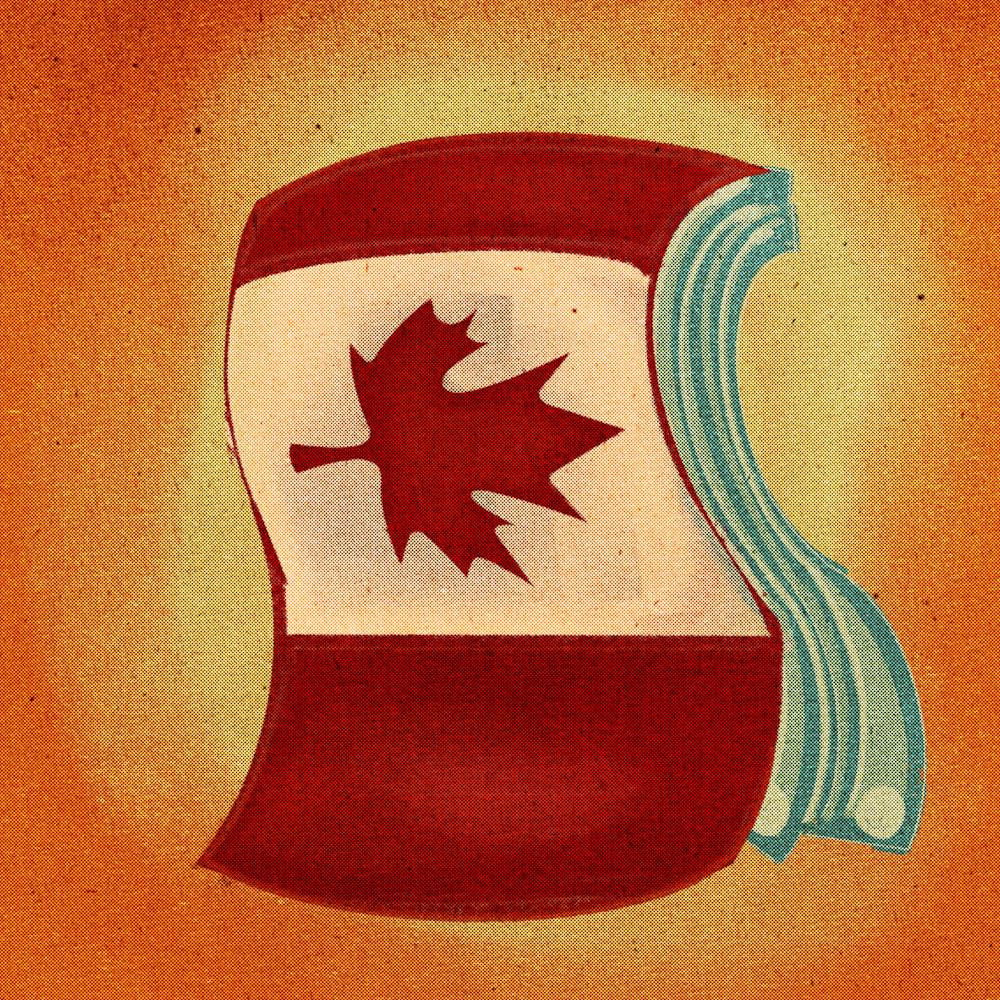On Feb. 1, President Donald Trump signed an order to impose a 25% border tax on most Canadian imports and a 10% import tax on Canadian oil, natural gas and electricity.
Canada and the United States have been trading officially since 1988. The two countries have been described as having one of the largest bilateral trade relationships in the world.
This decision is expected to have wide-ranging economic implications for both countries and could potentially strain their trade relationship. According to Economics Today, Canada sits as the largest export market for the U.S. and makes up one of the smallest trade deficits.
So what does this mean for us and our neighbors across the border?
The Canadian dairy industry, which has been at the heart of the dispute, is bracing for a potential drop in exports to the United States. In addition, Canadian manufacturers are facing higher costs for raw materials and components imported from the United States, which could lead to increased prices for consumers.
“Canada basically relies on trade to a significant degree and part of that is because it’s a smaller country. It relies on its connections to the rest of the world for economic activity, whereas the U.S. is able to be a little bit more self-sustaining due to its much larger size and vastly larger economy,” said Derek Moscato, a professor of journalism at Western Washington University.
Moscato teaches in the Canadian-American studies program but is also a research fellow at Western’s Border Policy Research Institute. He has recently focused his research on environmental persuasion in global, cross-border and bioregional contexts.
For a lot of citizens, going up north can be a fun weekend getaway, a day trip or a birthday celebration for those under 21. At a time of uncertainty, both sides of the border feel the effects of these disputes.
Hannah Gazo is a third-year student at the University of Alberta and a Canadian citizen.
“I’ve heard a lot of people like myself, considering rescheduling trips and things like that because we’re not sure what things are going to look like in the next little bit,” Gazo said. “There’s definitely an air of uncertainty and a feeling that we need to prepare for things to get worse.”
A 2002 ruling from the World Trade Organization found that Canada had violated international trade agreements by providing unfair subsidies to its domestic dairy industry. In 2023, the U.S. sought a second trade dispute panel, claiming Canada was still in violation of the agreements.
A broad range of products could jump in price if trade wars were to break out due to the tariffs. This includes agricultural goods, electronics and industrial machinery.
“Obviously we don't agree on everything, but I think that speaks more to the people in power than the American people. I think we’re kind of being pitted against each other because of the way our leaders are trying to work together,” Gazo said.
According to the U.S. Trade Representative (USTR), the tariffs, which range from 10% to 25%, are a direct response to Canada's actions that were deemed in violation of the WTO’s trade rules. The tariffs are intended to level the playing field and force Canada to comply with the WTO's decision.
The new tariffs are seen as a significant blow to Canada's economy, particularly in industries like agriculture, where U.S. exports make up a large share of Canada's total sales. One example of this can be seen at Costco Wholesale, a company that has locations in both countries.
Saegeas Miller is a part-time employee at Costco in Vancouver, British Columbia.
“Costco gets most of its produce from the US or Mexico. Quite a lot of snacks are also from the U.S., including chips, chocolates and drinks,” Miller said.
As the situation develops, people will be watching closely to see how the tariffs impact the broader U.S.-Canada trade relationship.
“From what I’ve heard from economists on both sides of the border, these changes may not be felt for several months and the ripple effects of these tariffs might be felt in different ways for different products,” Moscato said.
With the new tariffs now in place, the path to a resolution remains uncertain.
Kaitlyn Ward (she/her) is an opinion writer for The Front this quarter. She is a fourth-year news writing and editorial journalist minoring in psychology. When she’s not reporting, she loves singing and spontaneous road trips. You can reach her at kaitlynward.thefront@gmail.com.






